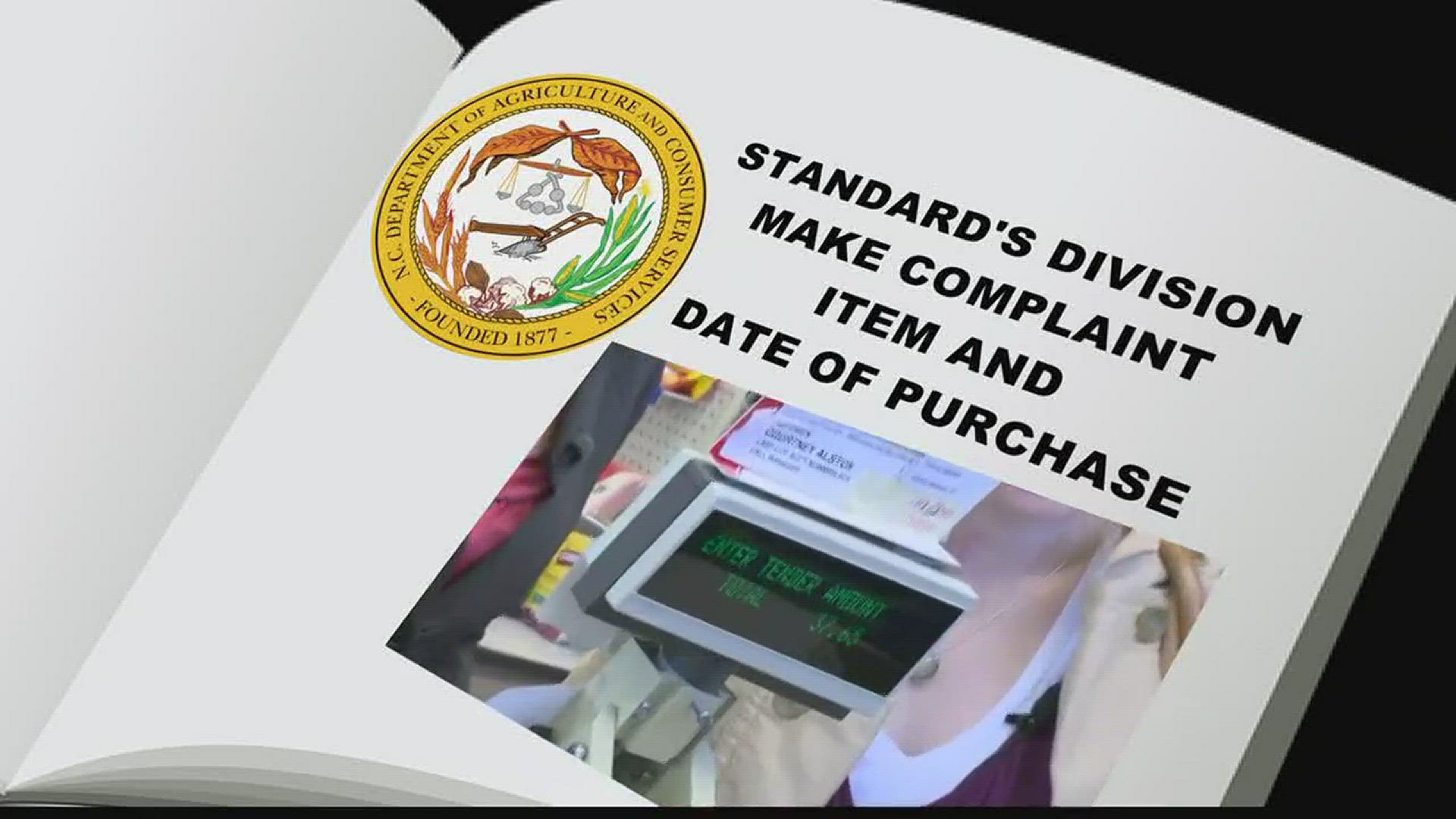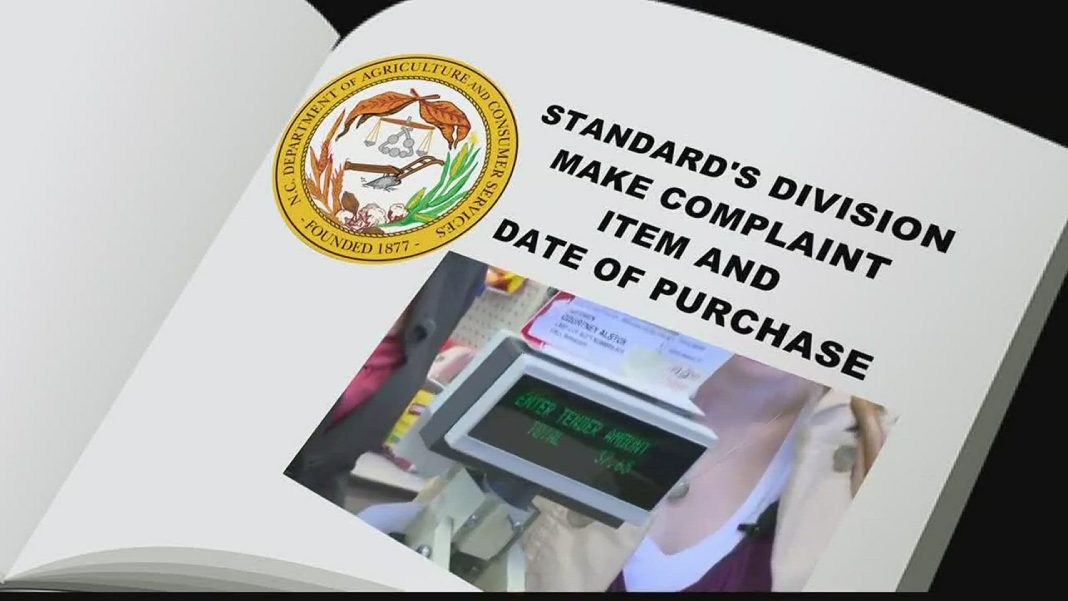 Deceptive Pricing Practices Lawsuit Against Walmart Reversed by Appellate Court
Deceptive Pricing Practices Lawsuit Against Walmart Reversed by Appellate Court
Introduction:
A recent lawsuit against retail giant Walmart alleging deceptive pricing practices has taken an interesting turn. The case, brought by plaintiff Yoram Kahn on behalf of himself and similarly affected consumers, claims that Walmart has been engaging in unfair and deceptive pricing practices that mislead consumers at the point of sale. While the district court initially dismissed the case, an appellate court has now reversed that decision, allowing the lawsuit to proceed.
Small Discrepancies Add Up:
Yoram Kahn, an Ohio resident, shopped at a Walmart store in Niles, Illinois, on August 2, 2022. After purchasing 15 items, he discovered discrepancies between the shelf prices and the prices charged at the cash register for six of the items. These discrepancies amounted to nearly seven percent of his total bill. Although this may seem like a small amount for an individual, it could potentially add up to significant numbers given Walmart’s volume of transactions.
Widespread Issues:
According to court records, Mr. Kahn’s investigation revealed similar pricing discrepancies at other Walmart locations in Illinois, Florida, Indiana, Maryland, New Jersey, and New York. In his allegations, Mr. Kahn claims that these discrepancies between shelf prices and register prices add up to hundreds of millions of dollars each year. He further asserts that Walmart is aware of these issues and that its unfair and deceptive pricing practices are pervasive and continuous.
Violation of Consumer Protection Laws:
In addition to the deceptive pricing practices, Mr. Kahn also argues that Walmart’s actions violate the Illinois Consumer Fraud and Deceptive Business Practices Act (ICFA), the Illinois Uniform Deceptive Trade Practices Act (UDTPA), and other consumer protection statutes in the state. By including a claim of unjust enrichment and seeking to represent a class of similarly affected consumers, Mr. Kahn aims to hold Walmart accountable for its alleged misconduct.
Receipts Are Not Enough:
One of Walmart’s defenses in this case is that providing customers with receipts showing the actual prices charged is sufficient to dispel any deception. However, the appellate court disagreed with this argument and focused on what constitutes reasonable consumer behavior under state consumer protection laws. Judge Hamilton, in his opinion, stated that expecting consumers to track and compare all shelf prices against their receipts was unreasonable. The court emphasized that providing a receipt post-purchase does not necessarily correct the deception caused by inaccurate shelf pricing.
Bait-and-Switch Tactics:
The appellate court also highlighted the possibility that Walmart’s alleged pricing discrepancies could be seen as a “bait-and-switch” scheme. This refers to a situation where consumers are enticed by lower advertised prices but are ultimately charged more at the register. The court found that such practices could be deceptive even if the discrepancy is discovered before the transaction is completed. This further strengthens Mr. Kahn’s claims of unfair and deceptive pricing practices by Walmart.
Conclusion:
With the reversal of the lower court’s dismissal, the lawsuit against Walmart alleging deceptive pricing practices will now proceed in the U.S. District Court for the Northern District of Illinois. The appellate court’s decision highlights the importance of reasonable consumer behavior and the potential harm caused by inaccurate shelf pricing. As this case unfolds, it will be interesting to see how Walmart responds and whether the plaintiffs can successfully prove their claims of unfair and deceptive practices.


